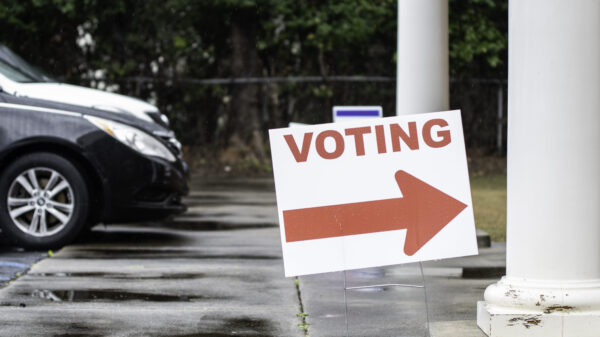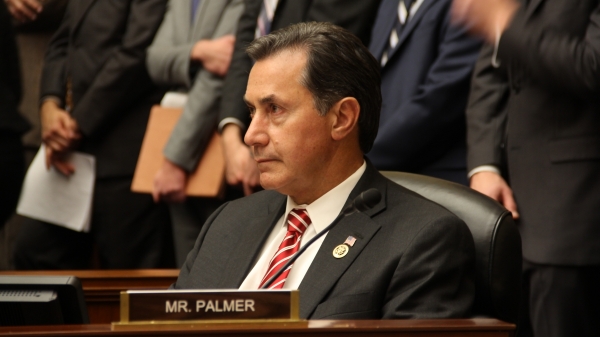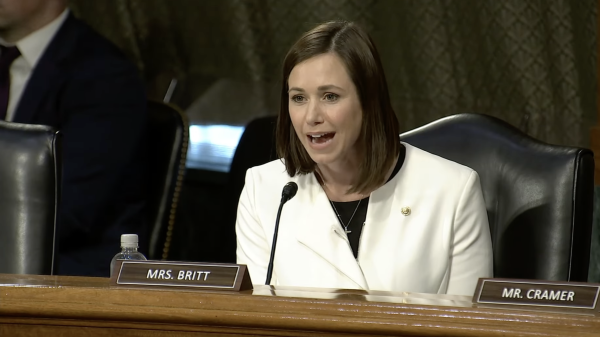By Minority Leader Rep. Craig Ford
Public education is one of the most important services our state and local governments provide. All of us want to see our schools improve, and our children’s quality of education rise.
For Republicans in Montgomery, their signature proposal for public education is a bill they call the “School Flexibility Act.”
What this bill would do is allow local school systems to seek a waiver that would allow them to opt out of virtually any state law, statute, or regulation. Their argument is that the teachers and local school boards know better than the legislature and state school board how to manage their classrooms and educate our children.
I wholeheartedly agree that teachers and local school systems understand their unique circumstances better than the state school board or legislature. And I am all for giving teachers more flexibility to be innovative in the classroom; to explore new methods and try new tools to improve our children’s education.
But I have several concerns about the current version of the school flexibility bill, and unless these issues are addressed, I cannot justify voting for the bill.
First, I am deeply about the possibility that this bill could allow local school systems to opt out of meeting any kind of academic standards.
As it is currently written, the school flexibility bill would allow school systems to seek a waiver requiring them to meet any state-mandated academic performance standards, meaning we would have no idea what kind of quality of education our children would be getting.
The bill would also allow local school systems to seek waivers for teaching standards and requirements. Among other concerns, this would allow a school system to opt out of requiring teachers to be licensed educators.
Supporters say this is so school systems can hire people who are skilled in trades to teach technical classes like shop or welding. But it could also mean that a school system could hire somebody to teach a math or science class who does not have any training in teaching those subjects.
Just because somebody is knowledgeable about a subject or good at a skill does not mean they are capable of teaching others in that subject or skill. Look no further than former Alabama football coach Mike Shula. Mike Shula was a good SEC quarterback, but how many Alabama fans would want him to come back and coach Alabama football again?
Getting rid of requiring teachers to be licensed could also lead to corruption. For example, an elected official or school board member could get a teaching job for an unqualified friend or family member and get that person in the state’s retirement system and health benefits.
This bill could allow schools to seek waivers to meet all kinds of standards, such as nutritional requirements or physical education requirements.
And under this bill there is no appeals process if parents want to challenge the school board’s decision. Their only option would be to file a lawsuit, which is both expensive and time consuming.
Aside from the adverse effect on our children’s education, the school flexibility bill also hurts our educators.
Under the current version, there are no protections in place to prevent a school system from opting out of the pay scale established by the state. Local school boards could freeze teachers’ pay even and opt out of giving raises based on merit, experience, or academic advancement.
That kind of instability in a teacher’s personal finances could lead several teachers and support personnel to find work in a different field or to teach in another state where their pay and benefits would be more stable. This would also discourage our teachers from getting their master’s degree or doctorate, since there would be no point. And that hurt’s our children.
The bill also allows local schools systems to get rid of planning time, classroom supply money, and sick leave or catastrophic leave, which makes it more difficult for teachers to do their jobs and discourages our young people from becoming teachers in the first place.
Lastly, the school flexibility bill does not put into place any oversight or protections to prevent corruption and to make sure our children’s education and our tax dollars are protected.
Without oversight, school systems could contract out services like providing lunch or bus drivers to companies that cost more and do not meet our standards. Without oversight, these contracts could go to companies that would financially benefit elected officials or school board members.
So while I am all for giving teachers more freedom to be innovative in the classroom, that is not what the school flexibility bill really does. Until these concerns (any many others) have been addressed, I cannot and will not support this bill.
















































